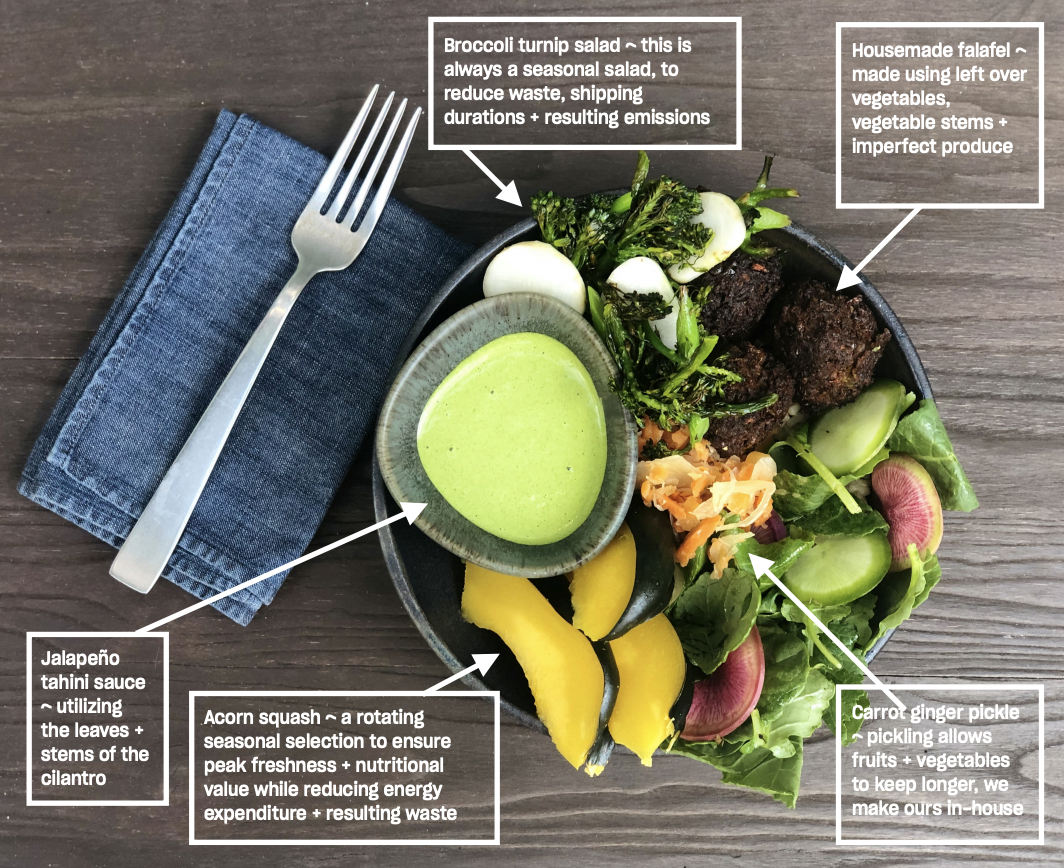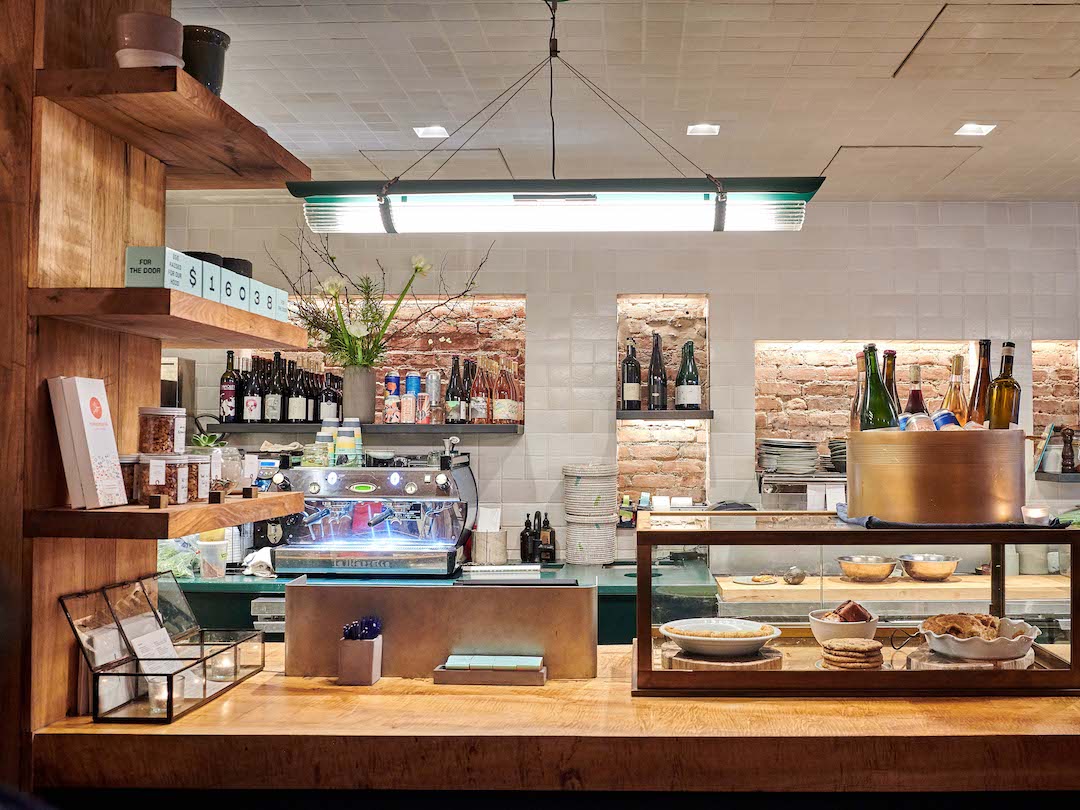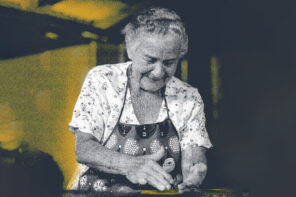Camilla Marcus doesn’t waste anything.
The owner and founder of Soho’s west~bourne didn’t waste any of our time when she answered a few questions we had about how she operates her business and the business of sustainability. As west~bourne looks to become Manhattan’s first restaurant to wear the badge of zero-waste purveyor, we were curious how you get there.
What does a zero-waste restaurant mean and what is the process of keeping in that way?
There are many definitions of “zero waste.” For a TRUE certification, there are two main sets of practices: first, the proper collection, tracking and diversion of waste created on-site, and second, the adjunct practices, policies and systems which handle all other aspects of waste generation and management. In terms of on-site waste generation, 90% of our waste, for over a year, has been diverted from landfills and incinerators, which means that 90% of our waste is composted or recycled. Our ultimate goal, however, is to avoid waste creation from the get-go, which is essentially the second part of the certification. To work on eliminating waste generation altogether, we are extremely deliberate and mindful of our sourcing, menu, usage, consumption and waste in all practices and operations. We’ve built west~bourne, from day one, with sustainability at the forefront of our minds.
Can you provide an example of something that could be considered waste and how you would seek to repurpose it into your cooking?
I’m a big fan of visuals, so here’s an example of how we implement zero waste practices in one of our dishes:

For those cooking at home, being creative about preserves, sauces, soups, beverages, and garnishes are key ways to incorporate ingredients that often get thrown away, like vegetable peels and stems, and leftover herbs.
The first recipe you ever perfected?
Probably pie. In my house growing up, my dad taught us a deep appreciation for pie. I tease him that he should’ve been born in the south because he loves it so much. Now I’m introducing the same tradition in my own family—we love going to the greenmarket and picking up seasonal produce to make fresh pie at home. The only problem is I’m not someone who can just eat a slice and save the rest. I have zero self-control so it never makes it past the day I make it.
Someone once told me that who you let in is more important than who you keep out.
Tell us about your hiring process, how do you select the people who end up working in your kitchen?
We believe our team and our training program can teach anyone to do anything, from wine service to cooking to coffee, and everything in between. Therefore, the most important qualities we search for are those that cannot be taught: a passion for taking care of others, an earnest interest in food and wine, a curious and collaborative spirit, and a desire to challenge yourself to grow. Someone once told me that who you let in is more important than who you keep out, and we take that adage to heart. We really take our time to select team members, as everything comes down to our people.

west~bourne
Your perfect four-course meal from start to finish
My favorite meals have as much to do with the food as with the setting, experience, sourcing, and history of the restaurant. I’m always trying new things and traveling to new places, so I’ll say that in the last twelve months my favorite meal was while on vacation (on our babymoon) in Lake Garda, Italy, at a restaurant called San Vigilio. It’s an inconspicuous, family-run restaurant that has been around for a long time, so you really feel like you are dining in someone’s home. No frills, a curated menu, the simplest, freshest ingredients, and massive love put into every dish. Between the aperitivo, family-style antipasti, house-made linguini vongole, and tiramisu for dessert, I think that’s the four-course meal I’m still dreaming about.
You’re told you have to choose one oil to cook with and use for the rest of your life, which oil do you select
As a native of California, California olive oil, of course. It handles heat well for cooking and has a rich, complex flavor that’s perfect for finishing any dish. Some of my favorite brands made by incredible women in CA are Pineapple Collaborative, Wonder Valley, and Grove 45.
We’ve read that you’re a boss that cares about her employee’s well-being. How do you seek to put people first?
At the core of our philosophy is a belief in mission first, people always. As a deeply mission-driven business, taking care of others, our community, and our environment begins and ends with our team, which means that we prioritize their wellness and development. This begins with how we find our amazing talent, often from the hospitality training program that we fund through our full-circle giveback in partnership with the Robin Hood Foundation and the Door. We also have a distinctly generalist, cross-training model that empowers our team to learn about every aspect of the restaurant’s operations. We do what we call “Mindful Minutes” before each shift as a forum for open dialogue as well as meditation exercises to allow our team to center themselves. Additionally, we offer an “Embrace Your Side Hustle” fund that gives a monthly stipend for anything that supports a team member growing. It can be a visit to an art exhibit, attending a yoga class, or simply a book.










